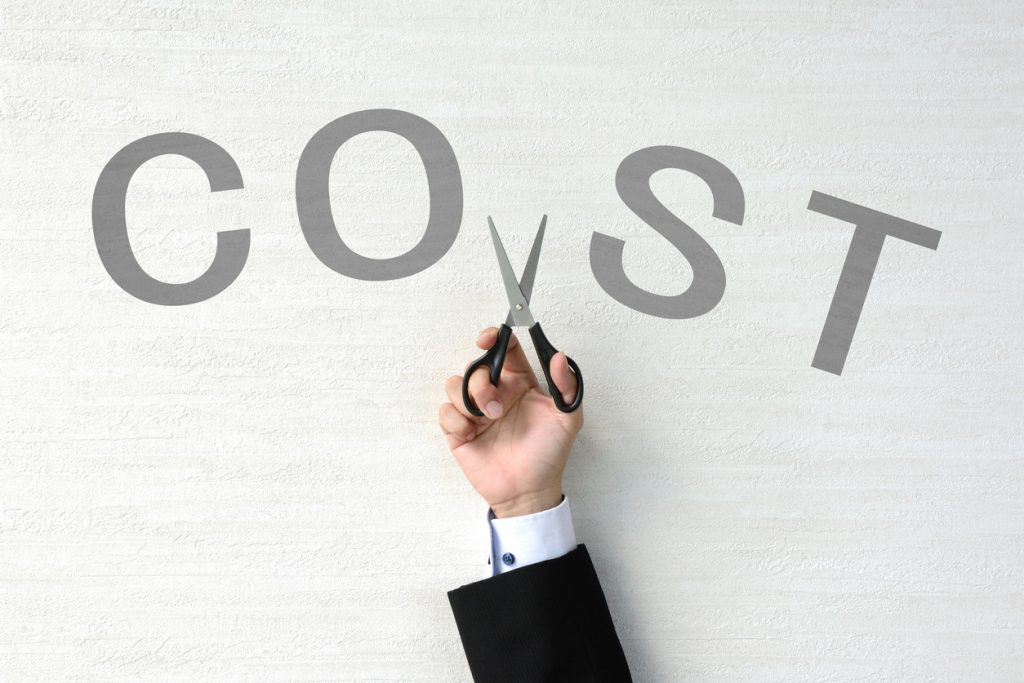The government has recently issued Resolution No. 02/NQ-CP on key tasks and solutions to improve the business environment and enhance national competitiveness in 2024. Accordingly, the resolution sets the goal of reducing input costs and legal compliance costs in investment and business activities, reducing policy risks, strengthening trust, creating a recovery foothold, and enhancing the resilience of businesses.
Resolution No. 02/NQ-CP aims to create a healthy competitive environment, rapidly increase the number of newly established enterprises, reduce the rate of temporarily suspended businesses, and increase the number of enterprises engaged in innovative activities, green transformation, and digital conversion. It also aims to reduce input and legal compliance costs in investment and business activities, minimize policy risks, strengthen trust, create a recovery foothold, and enhance the resilience of businesses.
Additionally, the resolution targets a strive to increase the number of enterprises entering the market (newly established and returning to operation) by at least 10% in 2024 compared to 2023; the number of enterprises withdrawing from the market in 2024 to increase by less than 10% compared to 2023.
Regarding the Innovation Capacity of the World Intellectual Property Organization (WIPO), the government sets the goal of raising the ranking of the Information Technology Infrastructure Index by at least 3 positions, increasing the Environmental Quality Index by at least 10 positions, and raising the Export of ICT Services index by at least 5 positions.
It aims to raise the ranking of the Property Registration Index in the Intellectual Property Rights ranking by at least 2 positions. Additionally, it plans to increase the score of the Customs Clearance Index in the World Bank’s Logistics Performance ranking by at least 0.2 points.
To achieve these goals, the government will enhance the responsibility, proactiveness, and timeliness of the ministries and agencies assigned to monitor the improvement of the indices. The designated agencies will take responsibility for the respective index groups and components.
Simultaneously, proactive connections with international organizations will be established, and coordination channels will be created to provide timely and comprehensive information for objective and accurate assessments and rankings.
In addition to the above measures, the government will actively remove legal barriers in project implementation, improve the quality of the investment and business conditions reform portfolio, and enhance conditions for business.
The government will strengthen the application of information technology, interoperability, and data sharing among state agencies to improve the efficiency of administrative procedures and increase access to and absorption of capital for businesses.
Furthermore, policies will be refined to promote investment, production, and business activities linked to innovation, digital transformation, green conversion, and sustainable development.
ASL Law is a leading full-service and independent Vietnamese law firm made up of experienced and talented lawyers. ASL Law is ranked as the top tier Law Firm in Vietnam by Legal500, Asia Law, WTR, and Asia Business Law Journal. Based in both Hanoi and Ho Chi Minh City in Vietnam, the firm’s main purpose is to provide the most practical, efficient, and lawful advice to its domestic and international clients. If we can be of assistance, please email to [email protected].
ASL LAW is the top-tier Vietnam law firm for in-depth legal advice in Vietnam and internationally. If you need any advice, please contact us for further information or collaboration.

 Tiếng Việt
Tiếng Việt 中文 (中国)
中文 (中国) 日本語
日本語

